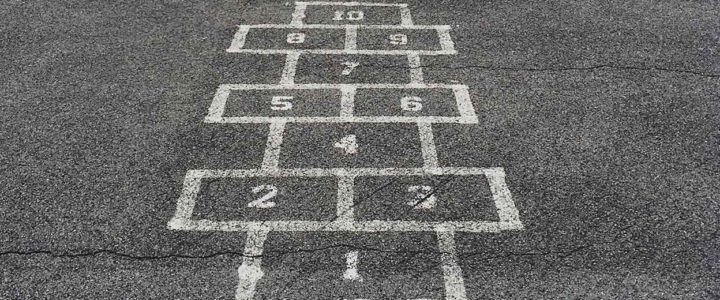Dyscalculia is sometimes referred to as a math disorder. It affects up to 7% of boys and girls equally, and those affected can have severe inability to perform basic arithmetic calculations.
Young students with Dyscalculia may have difficulties reading numbers and understanding its connection to quantity. They may have difficulties performing basic addition and subtraction and the condition may persist into their teen years.
It is also more difficult to assess than dyslexia, and is even sometimes confused or misdiagnosed for dyslexia.
Children with dyscalculia may have any number of symptoms.
- Children may have difficulty recognising numbers and may show delays in their ability to count. They may even count backwards, which is how it is often recognised as dyslexia.
- Children may require aids to count. They may be unable to deal with numbers and calculations mentally, and overly rely on finger counting to compensate.
- Symptoms might not have anything to do with actual numbers. Children with dyscalculia may have problems recognising patterns and may have difficulties with puzzles and other pattern-based activity and play.
Math is difficult for many people, and even people without dyscalculia may have problems with understanding calculations and numbers. Combine that with dyslexia-like symptoms, and it’s easy to see why it would be difficult to diagnose. The child might not have dyscalculia, or they might. They also might be dyslexic, or they might not be.
Proper diagnosis is key to being able to address and manage the condition of the child. It might not serve the child well if the educators are trying to manage dyscalculia but planning based on a different diagnosis. A child with undiagnosed and undealt with dyscalculia may grow into adulthood not being able to understand estimation, or not knowing how to even calculate how much they need to pay for things they buy.
CAE’s 12-month Advanced Diploma in Special Education course trains educators and parents in the identification, diagnosis and treatment of these needs and the basic principles and practices of effective teaching and learning. The programme is highly practice-oriented to ensure that what you learn in class can be applied to children with special needs under your charge.
The 6-month Diploma in Education (Special Needs) part-time programme provides an essential introduction to the various categories of exceptional children and educational programmes available. The course will also train you to confidently design and implement an Individualised Education Plan or IEP to aid in specific areas such as language and communications.
For a FREE COURSE PREVIEW
CALL US at 6533-0031
EMAIL your enquiry to ENQUIRY@ICAE.EDU.SG
or Register for your free preview below:

